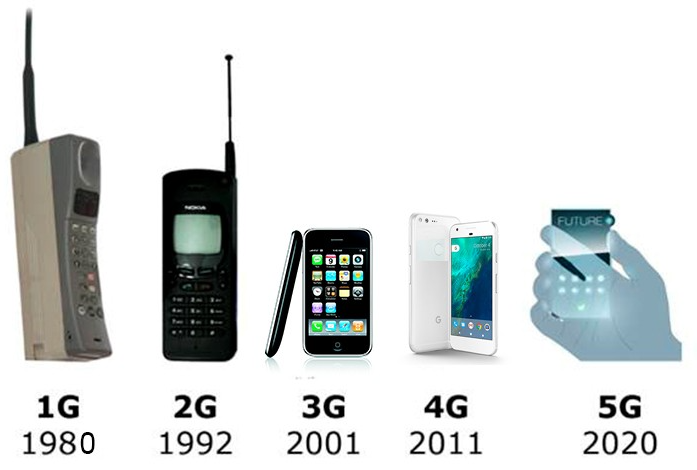
In my post on everything digital, I mentioned Jaron Lanier and his Ted talk on the history of the internet in which he describes how the internet was developed and conceptualized from the beginning as something that should be available for free to all. This leftist, socialist ideal, he explains, led to the internet having become a huge behaviour modification manipulator and he warns that we should change this.
Jaron Lanier: How we need to remake the internet | TED Talk
In an article Jaron Lanier published April 2023 for The New Yorker magazine, he warns about the dangers of calling digital machines ‘artificial intelligence’ (A.I.). There Is No A.I. | The New Yorker
Continue reading










